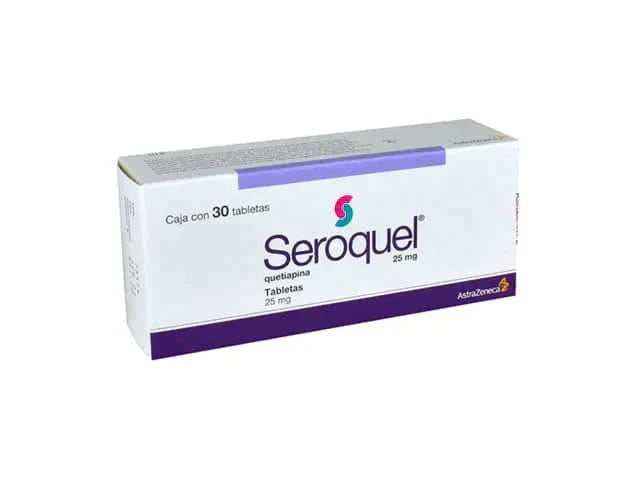
Related products
Antipsychotic medicine Seroquel is. It operates by altering the way that certain brain chemicals behave.Both schizophrenia and bipolar disorder are treated with this drug.The uses of Seroquel are not limited to those detailed in this medication guide.
Health Benefits
Schizophrenia symptoms can be effectively treated with Seroquel. A mental illness called schizophrenia results in delusions, hallucinations, and distorted thinking. Seroquel can aid in lessening this condition's symptoms.
Seroquel might be useful for treating bipolar disorder symptoms as well. Extreme mood swings, from highs (mania) to lows (depression), are a symptom of this mental disorder. Seroquel can lessen the severity of symptoms and help to stabilize mood.
Side Effects
The most frequent negative effects of Seroquel include:
Drowsiness
Dizziness
gaining weight
Constipation
mouth ache
Among the less frequent side effects are:
Agitation
Anxiety
distorted vision
Diarrhea
Headache
higher appetite
Nausea
Restlessness
abdominal pain
difficulty sleeping
Vomiting
uncommon negative effects include:
Hives, breathing issues, throat swelling, and allergic reactions include these symptoms. If you experience any of these dangerous side effects, call your doctor right away: the following symptoms: tremors, uncontrollable muscle movements, seizures (convulsions), issues with balance or coordination, extreme hunger, fruity breath odor, increased thirst or urination, fainting, rapid or pounding heartbeats, or jaundice (yellowing of the skin or eyes).
In older adults, serious side effects might be more likely.
If you experience any of these dangerous side effects, call your doctor right away:
tremors, uncontrollable muscle contractions;
convulsions (seizures);
balance or coordination issues;
extreme hunger, increased thirst or urination, and fruity breath smell;
fainting;
pounding orrapid heartbeats; or
Jaundice is a skin or eye yellowing condition.
Serious negative effects could be more common in older people.
Dosage
Seroquel's starting dosage for schizophrenia is 25 mg, administered twice or three times daily. The dosage can be raised up to 800 mg per day.
For bipolar disorder, a starting dose of 50 mg of Seroquel taken once or twice daily is advised. The dosage can be raised up to a daily cap of 1000 mg.
Interactions
Seroquel may interact with other drugs, supplements, and herbal products you may be taking. When a substance modifies how a drug functions, there is an interaction. This could be harmful or stop the medication from working properly.
Your doctor needs to carefully monitor all of your medications to help you avoid interactions. Tell your doctor about all of the drugs, supplements, and herbs you are taking. Speak with your doctor or pharmacist to learn how this medication may interact with other medications you are taking.
Pharmacokinetics
26 studies involving 1611 patients with schizophrenia, bipolar disorder, or major depressive disorder evaluated the pharmacokinetics of Seroquel.
After oral administration, seroquel is quickly and almost completely absorbed. When the medication is taken with food, the mean Cmax and AUC values rise by about 60% and 35%, respectively.
The active metabolite of Seroquel, N-desalkyl-quetiapine, is extensively metabolized in the liver by the cytochrome P450 system 2D6 (CYP2D6). N-desalkyl-quetiapine binds to serotonin 5HT2A and dopamine D2 receptors. Unchanged Seroquel has a mean elimination half-life of roughly 6 hours. N-desalkyl-quetiapine has a mean elimination half-life of about 12 hours.
The majority of seroquel and its metabolites are excreted in the urine (78%) and in smaller amounts in the feces (19%).
Alternatives to Seroquel
Other medicines that have been applied to the management of schizophrenia symptoms include:
(Olanzapine) Zyprexa
(Risperidone) Risperdal
(Paliperidone) Invega
The symptoms of bipolar disorder can be effectively treated with these medications as well. Seroquel alternatives for managing bipolar disorder symptoms include:
Lamotrigine (Lamictal)
(Aripiprazole) Abilify
Other medicines that have been applied to the treatment of major depressive disorder symptoms include:
Sertraline is the generic name for Zoloft.
(Citalopram) Celexa
Paroxetine (Paxil)













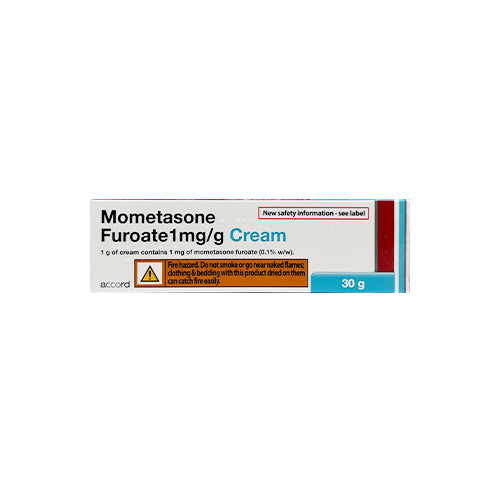

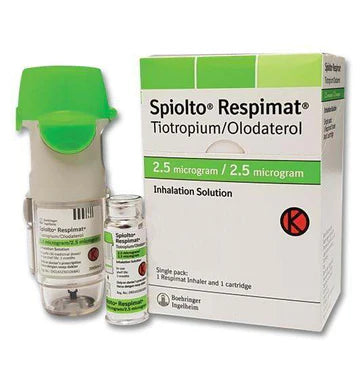
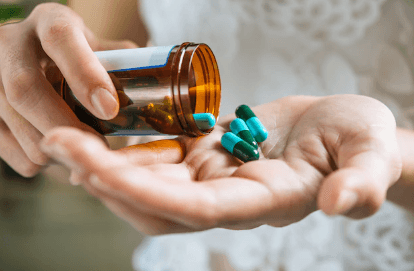
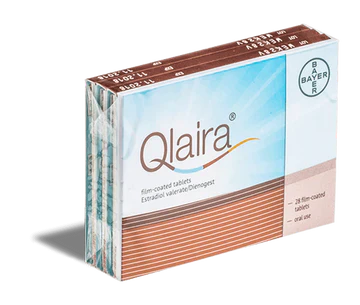
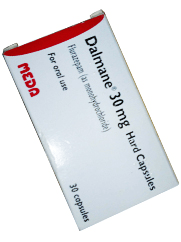
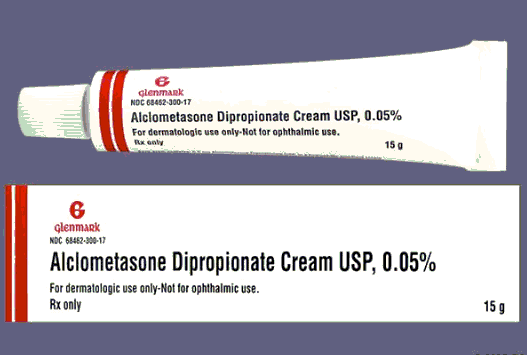

 Rated Excellent by 26,523+ Reviews
Rated Excellent by 26,523+ Reviews